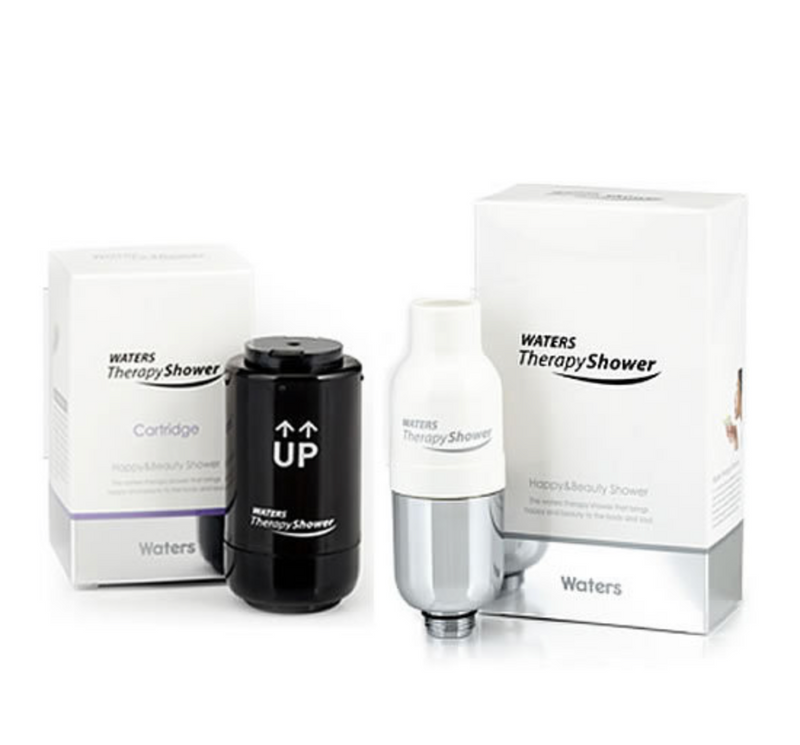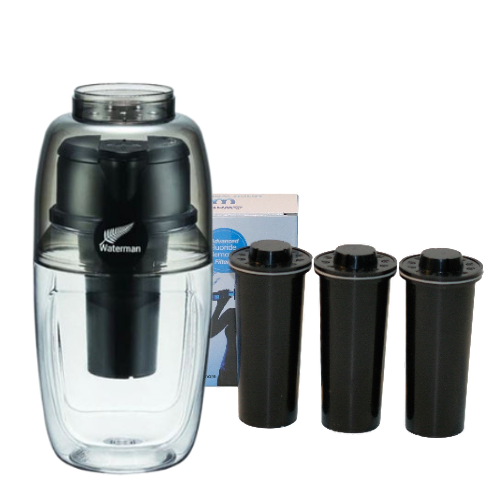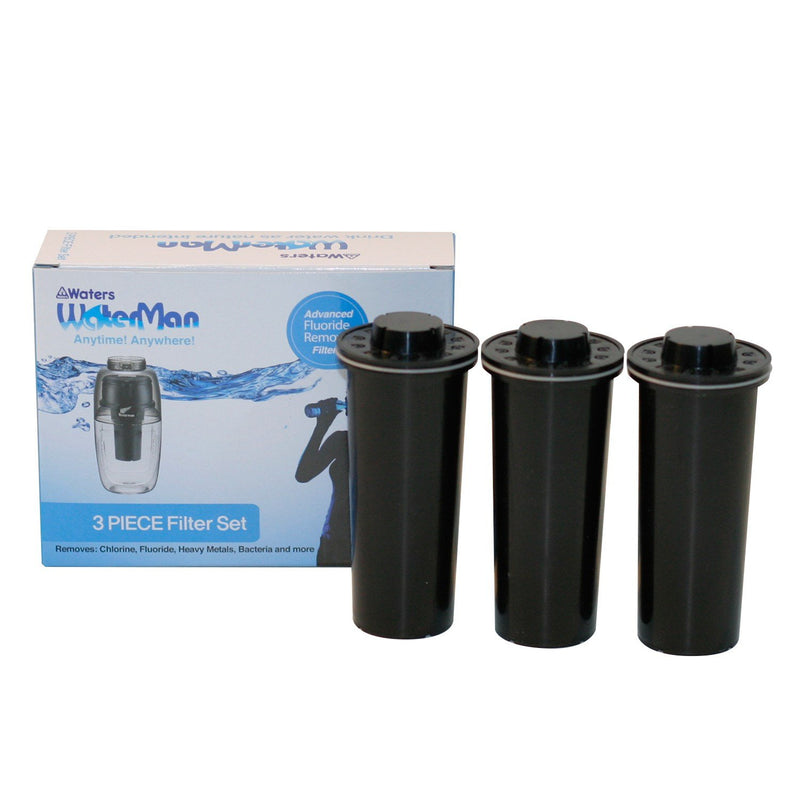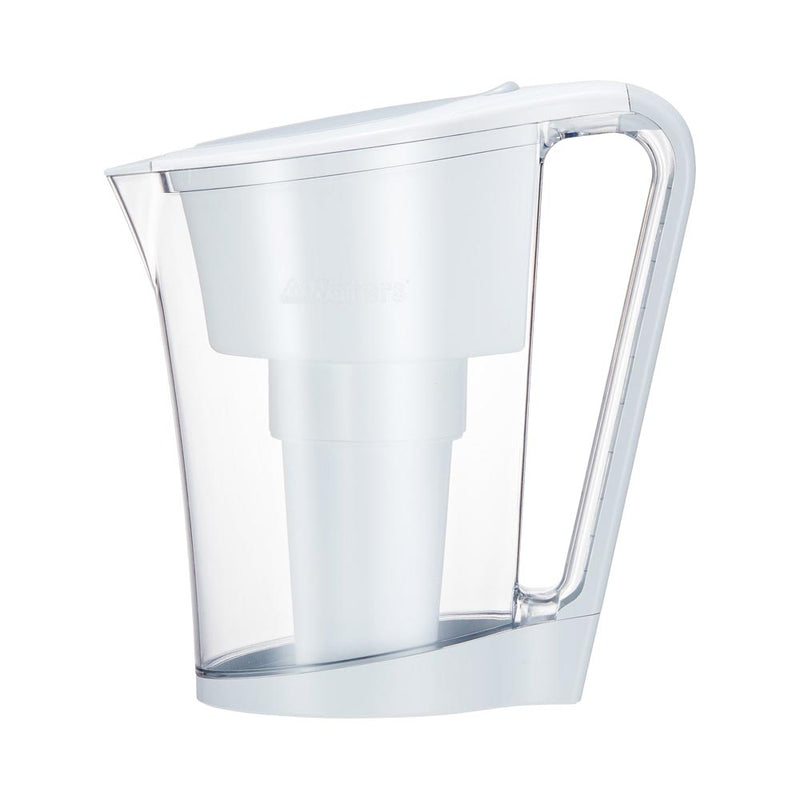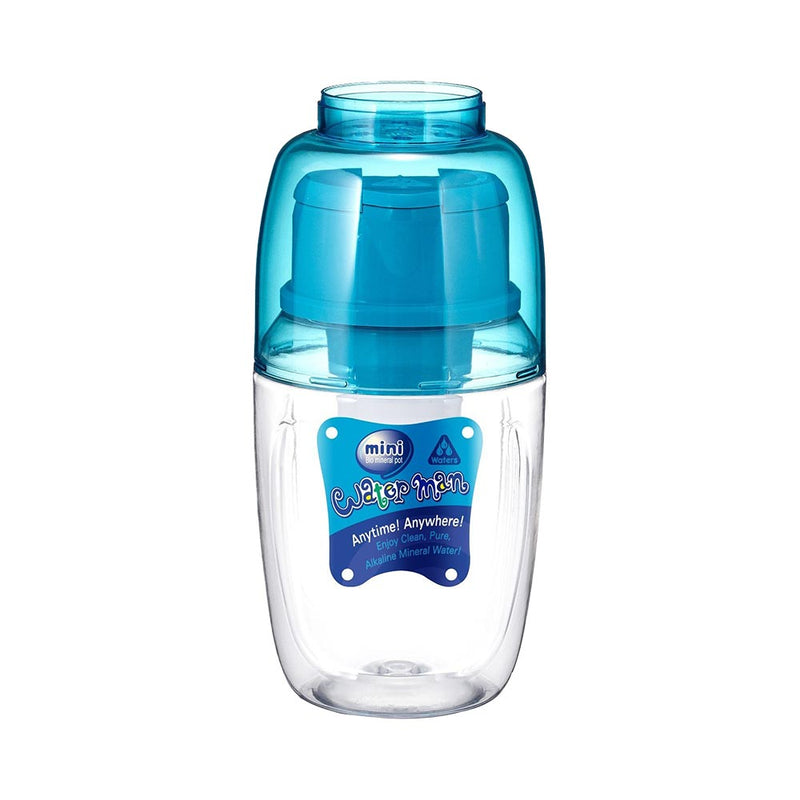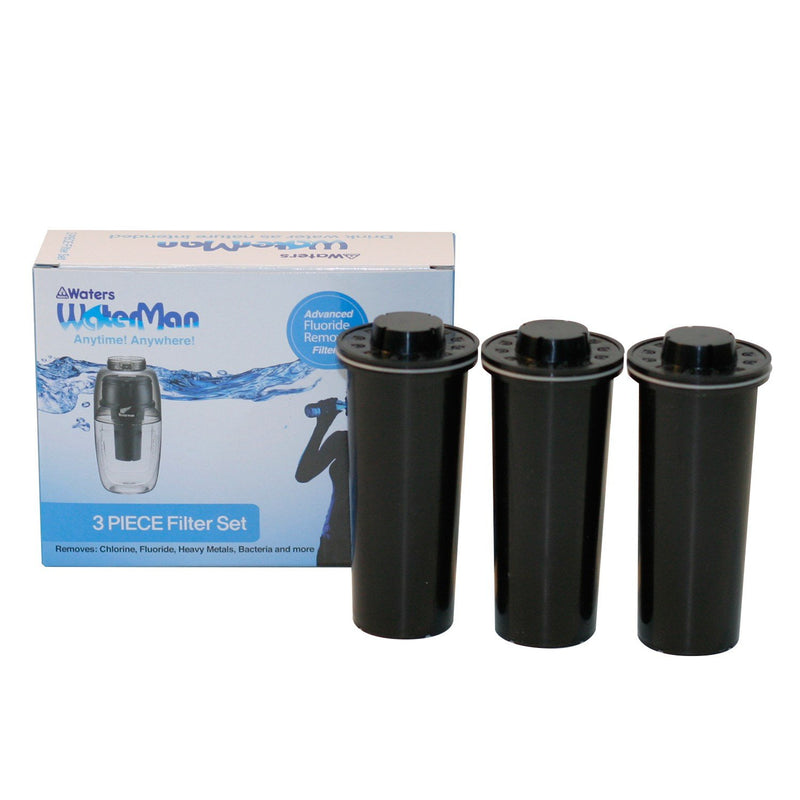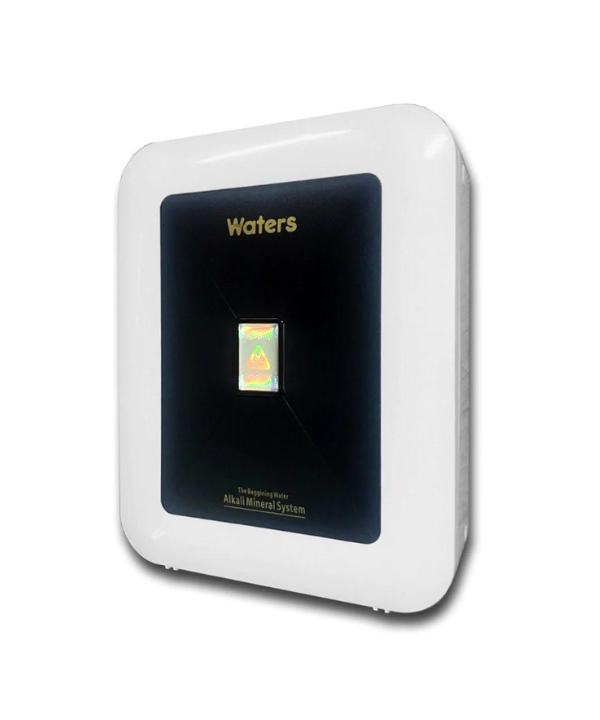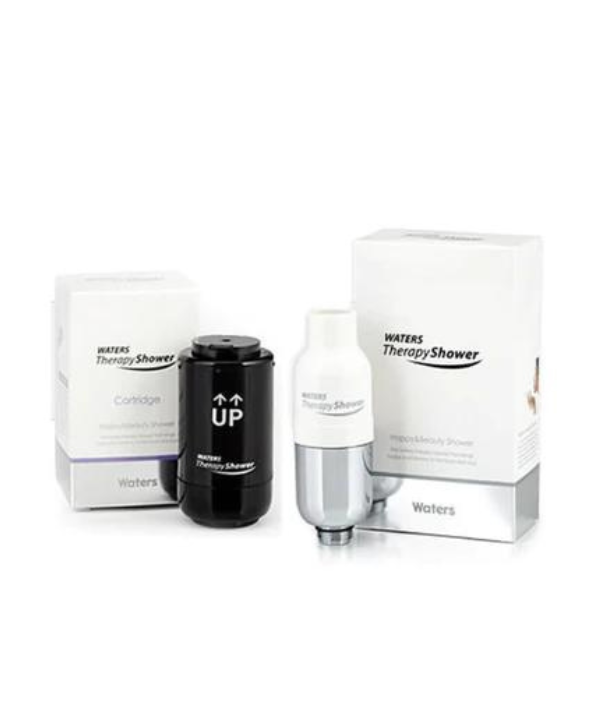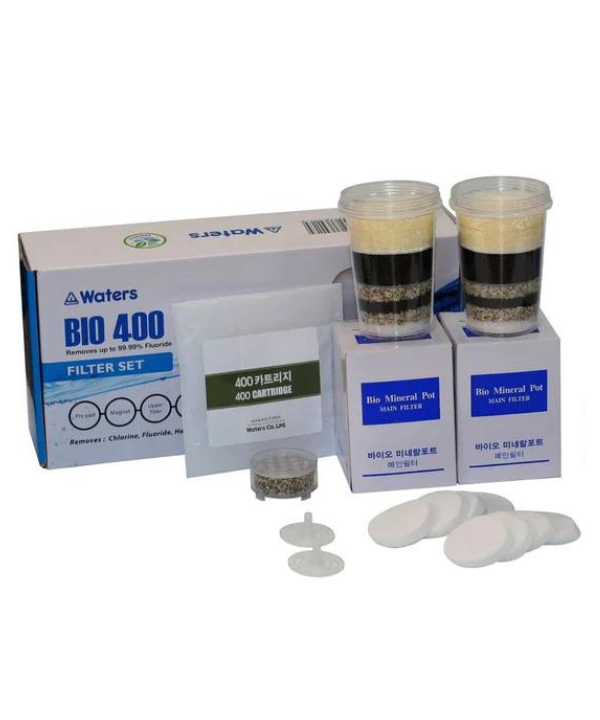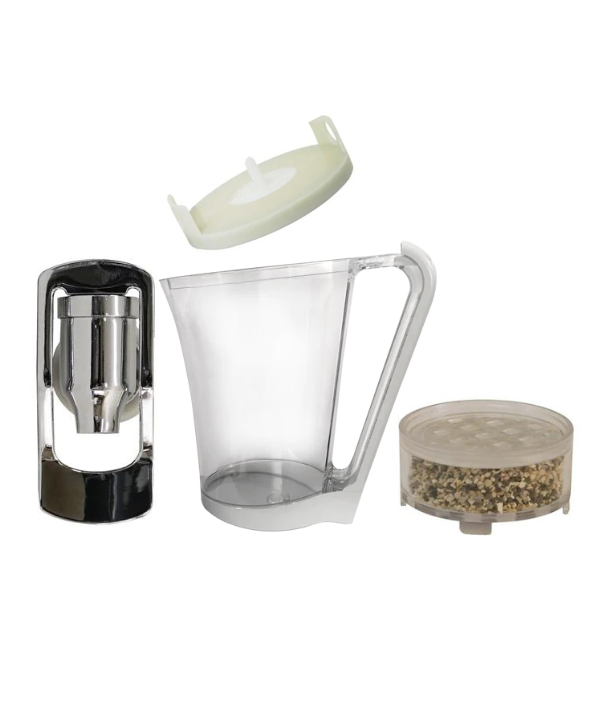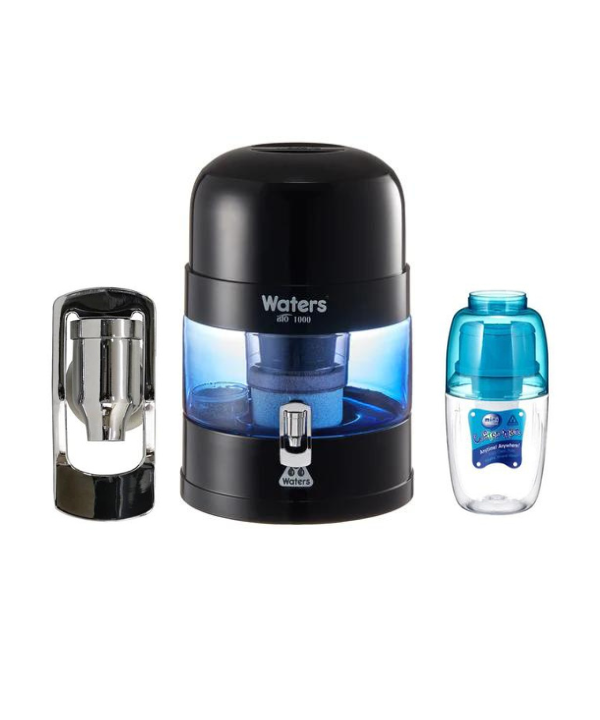Are Microplastics in Bottled Water Really Harming Your Health?
What are Microplastics and Nanoplastics, and Where Do They Come From?
Microplastics and nanoplastics are tiny synthetic particles ranging from 5 micrometres to less than one micrometre. Microplastics come from many sources, including the degradation of large plastic items such as plastic bottles and bags. They also come from the fragmentation of large synthetic textiles like polyester or nylon. Microbeads in many personal care products and industrial abrasives are another major contributor to plastic pollution.
Plastic takes 500 to 1000 years to degrade before becoming microplastic, which never fully degrades. Currently, there are between 50 to 75 trillion pieces of plastic in the ocean, and because of their small size, they can easily enter water bodies and pose serious threats to aquatic ecosystems and human health. They are also found in various environments, such as food containers, water pipes, and the textile industry. Due to their small size, many nanoplastics end up in the food chain, posing challenges to human cells. To reduce the risk of absorbing microplastics from bottled water, our benchtop water filter effectively removes chemicals, bacteria, heavy metals and fluoride from your drinking water, ensuring clean and safe hydration for you and your family.
Here's a quick video from our friend and ambassador Dr Peter Dingle.
How Do Microplastics Get into Bottled Water?
Microplastics can find their way into bottled water through various channels throughout the production, packaging and storage processes. Contamination can also be caused by particles in the air, plastic packaging, or even the water itself. Studies have shown that plastic particles can leak from bottle caps, labels and packaging materials. Handling and transportation practices can also contribute to contamination, highlighting the need for improved quality control measures in the bottled water sector.
Microplastics in bottled water may come from various sources, including surface run-off after precipitation, wastewater effluent (treated or untreated), industrial discharges, degraded plastic waste and atmospheric deposition. Although surface run-off or wastewater effluent are the primary sources, more data is needed to analyse water content precisely and link it to particular plastic waste streams.
Plastic bottles and caps used in bottled water production may also be sources of microplastic in drinking water. Rather than drink bottled water, save plastic waste by installing an under-sink water filter for a highly effective and convenient solution for removing pesticides, chlorine, fluoride, heavy metals and chemicals from your drinking water.
Should You Be Worried About Microplastics in Bottled Water?
The consumption of microplastics in bottled water has raised concerns about its potential health effects. While research suggests microplastics may be carriers of chemicals and microorganisms that can lead to health risks, the full picture is still unclear. The cumulative exposure of humans to microplastics, from food to air to water, highlights the need for proactive measures to limit human exposure and protect public health.
While researchers have yet to provide definitive evidence regarding the health consequences of microplastics in bottled water for humans, preliminary studies have shown that they can cross biological barriers, including blood-brain barriers and placentas, and are present in bodily fluids such as urine. Some researchers have speculated that microplastics could be linked to unexplained disease patterns, including an increased incidence of colorectal cancer among young people, as well as an increase in cases of Crohn's disease and Ulcerative colitis.
Are Microplastics Present in Reusable Water Bottles and Glass Water Bottles?
Many reusable water bottles (including those made from non-BPA-based plastics) are susceptible to contamination. Over time, plastic components in reusable water bottles degrade, as a result, microplastics are released into the water supply.
Research has shown that microplastics may also be present in glass water bottles due to environmental pollution and manufacturing practices. So, whether you’re using a reusable water bottle or not, it’s important to be aware of your water bottle’s microplastic potential and take the necessary precautions. Water filter jugs offer a convenient and effective solution rather than purchasing large quantities of bottled water.
Are There Bottled Waters Without Microplastics or Nanoplastics?
Finding bottled water 100% free from microplastics and nanoplastics can be difficult. This is because microplastics are so common in the environment. However, some brands or production processes may produce bottled water with lower microplastic levels. Choose bottled water thoroughly filtered and purified to reduce your exposure to microplastics.
Additionally, select brands that focus on sustainable packaging and source their water from clean, natural environments. To reduce landfill waste from plastic water bottles, reusable water filter bottles use filtration techniques to effectively remove fluoride, chlorine, heavy metals and bacteria to produce alkalised water. If you’re conscious of your health, our portable water filter bottles can maintain optimal water quality throughout the day. At 600ml capacity, our Waters Co portable filter bottles are a convenient solution for home, work and especially travel.
Health Effects of Microplastics in Bottled Water on the Body
Experts suggest that nanoplastics are carcinogenic and can produce neurological, developmental, immune and reproductive disorders. These tiny particles can penetrate individual cells and tissues inside major organs, potentially interfering with cellular processes. They can also carry endocrine-damaging chemicals like bisphenol-6 (E420), phthalates (E420), flame retardants (PFOA), and heavy metals (H3N4), all of which are widely used in plastic production. When these plastics are ingested, they release these chemicals due to their higher internal temperature, causing them to migrate into organs like the liver, kidneys, and brain, and even cross the placental barrier and affect unborn children.
In a study on pregnant mice, plastic chemicals were found within 24 hours of exposure to the mother’s plastic particles in various organ systems of the developing foetus. Micro and nanoplastics are also found in human placenta and lung tissues, faeces and blood, raising concern about their widespread presence throughout the human body. Studies have shown the potential harm of the plastic polymer itself can alter hormone activity and damage human cells, leading to cancers, lung disease and birth defects.
How to Reduce the Risk of Ingesting Microplastics in Bottled Water
Choosing high-quality home filtration systems to remove the nasties from your water, including chlorine, fluoride, heavy metals, bacteria, and other chemicals, is a safer way to consume water in your home or business. It also helps reduce global waste from plastics.
Mechanical filtration systems such as mesh screens or sediment filters can trap microplastic particles. The activated carbon filters inside these bottles absorb contaminants, improving water purity. Advanced filtration technologies like reverse osmosis or nanofiltration used in some water filtration systems can remove microplastics at the molecular level, resulting in clean, safe drinking water free of harmful plastic particles.
Water Filtration Systems for Cleaner, Safer Drinking Water
Waters Co Australia offers a range of water filtration systems specifically designed to remove contaminants in water. Advanced filtration technologies, such as activated carbon, ion exchange, and sediment filtration, effectively reduce contamination, providing consumers with peace of mind regarding water quality. Products like water bottles with filters, benchtop water filters, and under-the-sink filtration systems offer convenient and reliable solutions for ensuring chemical-free drinking water.
Take Control of Your Water Quality with Water Co Australia
It’s no secret that microplastics are present in bottled water. At Waters Co, we offer advanced water-filtering products to help reduce exposure and the impact of contaminated water on your health. Educate yourself on microplastics and invest in a water filtration system that reduces the risk of contamination. Waters Co has been leading the way in research and development into cleaner water processes since 1984 and offers a range of alkaline water filters to positively impact your health. By focusing on water quality and making smart decisions, you can protect your health and well-being in the face of increasing environmental issues. Make a positive change for the environment and your health today with our portable water filter bottles. Browse Waters Co Australia’s lifetime-warranty water filtration range to find the perfect solution for clean, safe drinking water for yourself and your family.


